Understanding the Mechanisms Behind Water Filtration
Water, the elixir of life, is often taken for granted until its purity is compromised. Contaminants lurk in our water sources, threatening our health and well-being. Statistics paint a grim picture: millions of people worldwide lack access to clean drinking water.
“Water is the foundation of life, and clean water is essential for good health,” said Audrey Hepburn, a UNICEF Goodwill Ambassador. Yet, this precious resource is under siege. Industrial pollutants, agricultural runoff, and even household chemicals seep into our water systems, leaving behind a toxic legacy.
The consequences of water contamination are far-reaching. Waterborne diseases, such as cholera and typhoid, continue to claim lives, especially among vulnerable populations. Long-term exposure to contaminants can lead to chronic health issues, including cancer, reproductive problems, and developmental disorders.
Water filtration is our lifeline in this battle against contamination. It’s a crucial step in ensuring the safety of our drinking water, protecting us from the silent crisis that threatens our health and well-being.
Types of Water Filters
Activated carbon filters are like tiny magnets for impurities! They’re made from a special type of carbon that has been treated to create a vast network of pores. These pores act like little traps, grabbing onto contaminants like chlorine, pesticides, and even some heavy metals.
Activated carbon filters are great for improving the taste and odor of water. They can also remove harmful chemicals that can cause health problems. Plus, they’re relatively inexpensive and easy to maintain.
The Filtration Process 💦
Water filters employ a range of mechanisms to remove contaminants. These mechanisms can be categorized into three main types:
Size Exclusion: Filters with pores of a specific size can physically block contaminants that are larger than the pores. This is how filters remove sediment, bacteria, and other large particles.
Charge Attraction: Some filters use charged media to attract and hold contaminants with opposite charges. For instance, activated carbon filters use positively charged surfaces to attract negatively charged contaminants like chlorine.
Chemical Interactions: Certain filters contain media that chemically react with contaminants, transforming them into harmless substances. An example is ion exchange filters, which exchange ions with contaminants, removing them from the water.
Activated Carbon Filtration 💦
Activated carbon filters are like tiny magnets for contaminants! They use a process called adsorption, where contaminants stick to the surface of the carbon particles. It’s like a sponge soaking up dirt from water. Activated carbon is great at removing chlorine, pesticides, and other organic compounds. It’s like having a personal bodyguard for your water, protecting it from harmful substances.
Reverse Osmosis Filtration 💧
Reverse osmosis (RO) filtration is like a super-powered water purifier that uses a special membrane to remove impurities. Picture this: a semipermeable membrane, acting as a microscopic gatekeeper, allows water molecules to pass through while blocking out bigger nasties like salts, minerals, and even some bacteria and viruses. It’s like a bouncer at a fancy club, only letting in the good stuff! 🛡️
RO filtration is a bit slower than other methods, but it’s worth the wait for the ultra-clean water it produces. It’s like having your own personal water sommelier, ensuring every sip is pure and refreshing. 💧
HOW DO WATER FILTERS WORK ON YOUTUBE
Ultrafiltration Filtration 💧
Ultrafiltration filters employ a finer membrane than reverse osmosis, enabling them to remove even smaller contaminants. This makes them effective against bacteria, viruses, and other microscopic impurities. They also retain beneficial minerals, unlike reverse osmosis, which can strip water of essential nutrients.
However, ultrafiltration filters have their drawbacks. They can be more expensive than other filtration methods, and they require a higher water pressure to operate effectively. Additionally, they may not be as effective at removing certain heavy metals and chemical contaminants as reverse osmosis.
| Benefits of Ultrafiltration Filters | Drawbacks of Ultrafiltration Filters |
|---|---|
| Removes bacteria, viruses, and other microscopic impurities | More expensive than other filtration methods |
| Retains beneficial minerals | Requires higher water pressure to operate |
| Relatively low maintenance | May not be as effective at removing certain heavy metals and chemical contaminants as reverse osmosis |
Other Filtration Methods 💧
Distillation and Boiling 🌡️
While activated carbon, reverse osmosis, and ultrafiltration are the most common filtration methods, there are a few other options worth considering:
-
Distillation: This process involves boiling water and collecting the steam, which condenses into pure water. Distillation effectively removes all impurities, but it’s a slow and energy-intensive method.
-
Boiling: Simply boiling water for a few minutes can kill most bacteria and viruses. However, it doesn’t remove other contaminants like chemicals or heavy metals.
These methods may not be as convenient or effective as the more advanced filtration systems, but they can be useful in certain situations. For example, distillation is a good option for removing impurities from seawater in emergencies.
Choosing the Right Water Filter
When selecting a water filter, it’s crucial to think about your specific requirements. 🤔
- Contaminants to Remove: Determine the contaminants you want to eliminate from your water. Some filters target specific contaminants, while others offer broad-spectrum protection. 🛡️
- Flow Rate: Consider the flow rate of the filter. If you need a steady stream of filtered water, opt for a filter with a higher flow rate. 💧
- Maintenance Costs: Factor in the ongoing costs of filter replacement or cleaning. Some filters require frequent maintenance, while others have longer lifespans. 💰
Remember, choosing the right water filter is like finding the perfect pair of shoes. It should fit your needs, provide comfort, and protect you from unwanted elements. 👟
Maintaining Your Water Filter 💧
Just like your car needs regular oil changes, your water filter needs regular maintenance to keep it working at its best. A well-maintained filter will remove more contaminants and last longer. Neglecting your filter can lead to decreased performance, increased contamination, and even health risks. ☣️
Here’s why regular maintenance is crucial:
- Prevents clogging: Over time, contaminants can build up on the filter, reducing its flow rate and effectiveness. Regular cleaning or replacement ensures that water can pass through freely.
- Protects from bacteria: A clogged filter can become a breeding ground for bacteria, which can contaminate your water. Regular maintenance keeps your filter clean and bacteria-free.
- Extends filter life: A well-maintained filter will last longer, saving you money on replacements.
Conclusion
The Power of Clean Water
“Water is the elixir of life,” the ancient Greek philosopher Aristotle once said. And it’s true – we can’t live without it. But not all water is created equal. Some water is contaminated with harmful bacteria, chemicals, and other impurities that can make us sick. That’s why water filtration is so important.
Water filters remove these contaminants, giving us clean, safe water to drink. They’re like the guardians of our health, protecting us from waterborne illnesses and other health problems.
If you’re not already using a water filter, I urge you to invest in one today. It’s one of the best things you can do for your health and well-being.
CHOOSING HOME WATER FILTERS & OTHER WATER TREATMENT SYSTEMS | CDC
WATER FILTRATION – AN OVERVIEW | SCIENCEDIRECT TOPICS
HOW LONG DO BRITA WATER FILTERS LAST
HOW DO BRITA WATER FILTERS WORK
HOW DO BRITA WATER FILTERS WORK
HOW TO CHANGE FILTER ON WATER FILTRATION SYSTEM
HOW LONG DO ZERO WATER FILTERS LAST

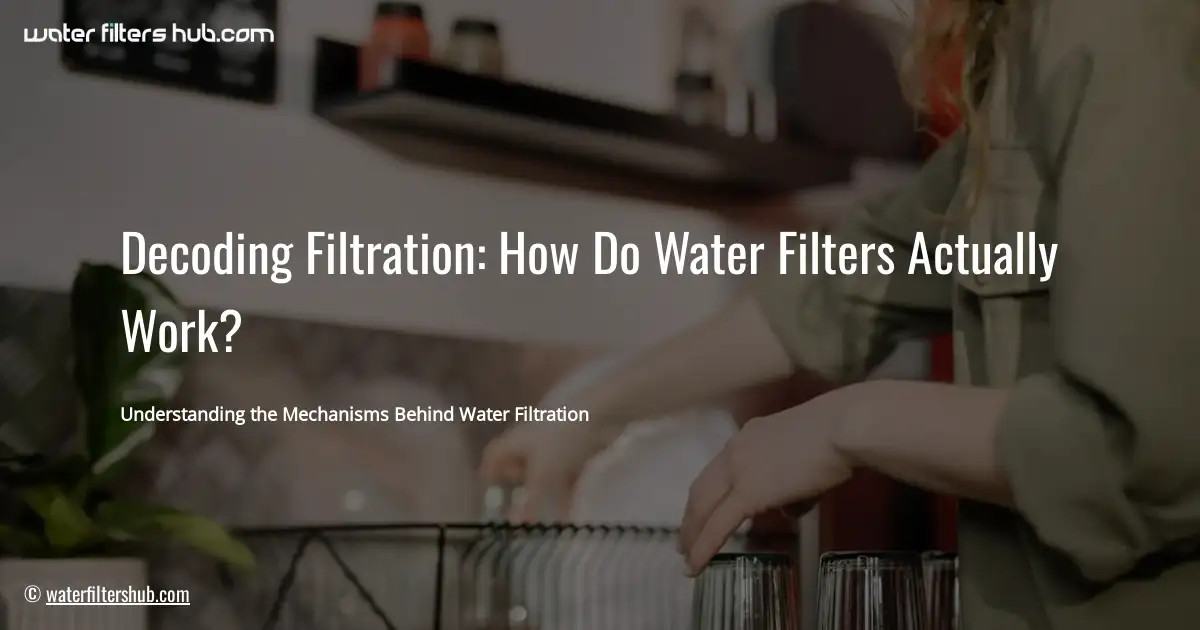
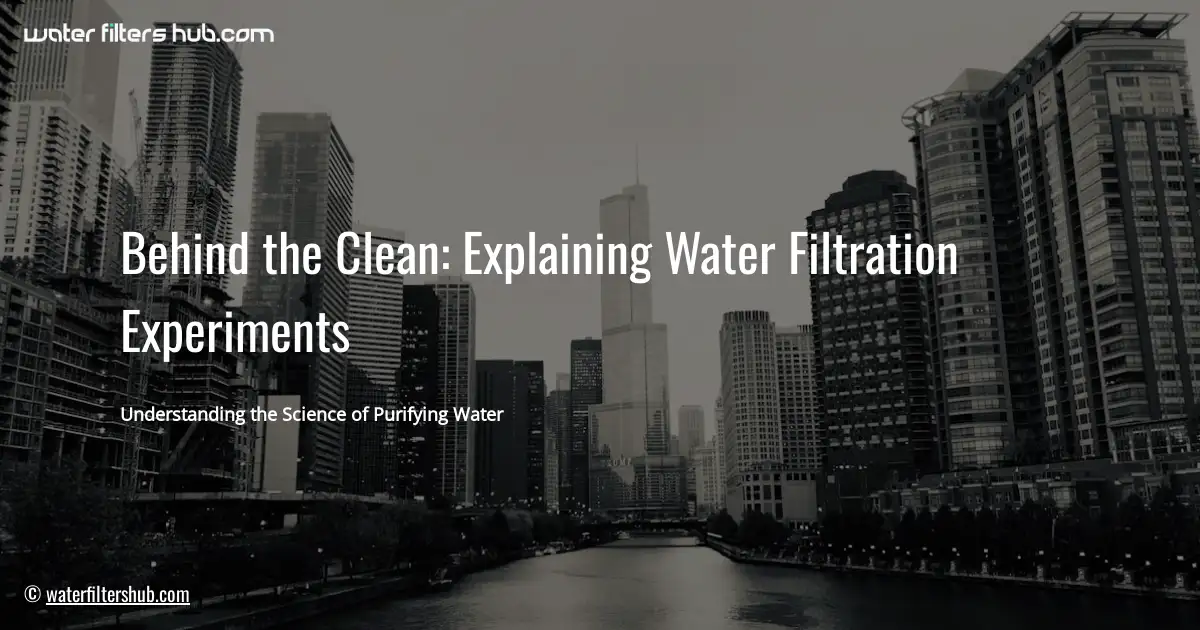
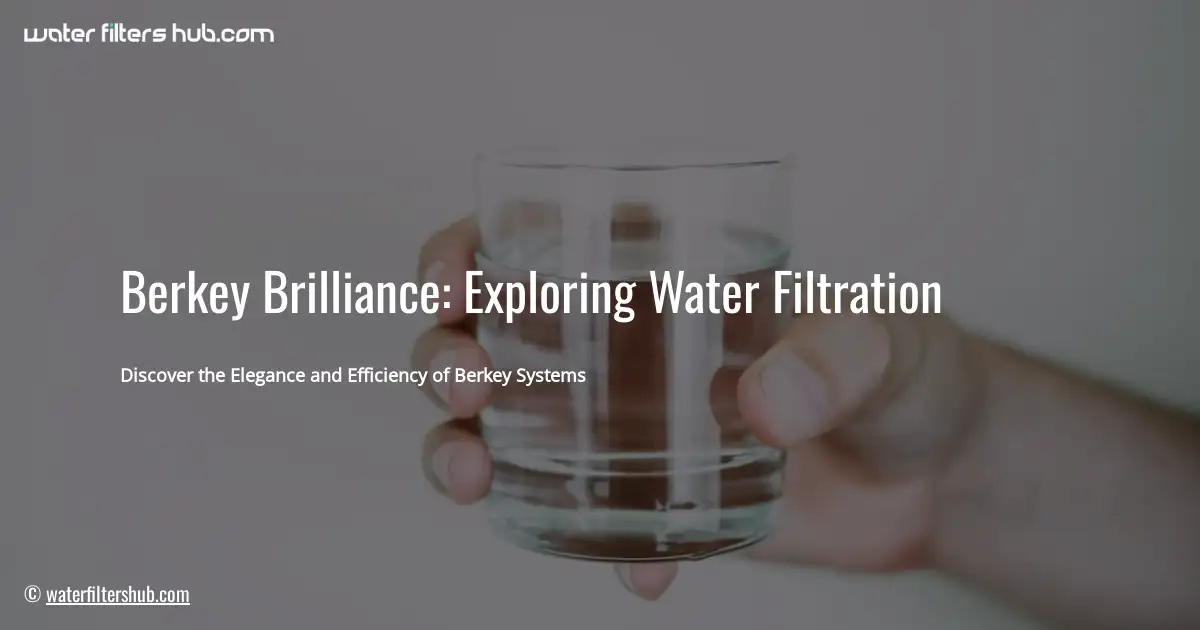
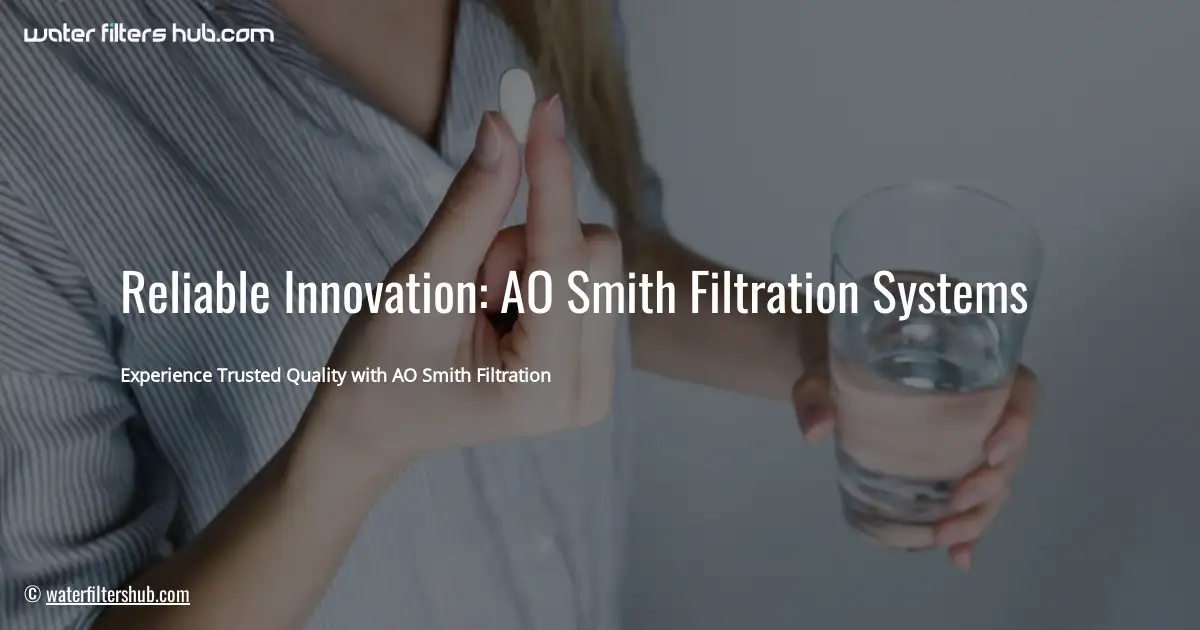

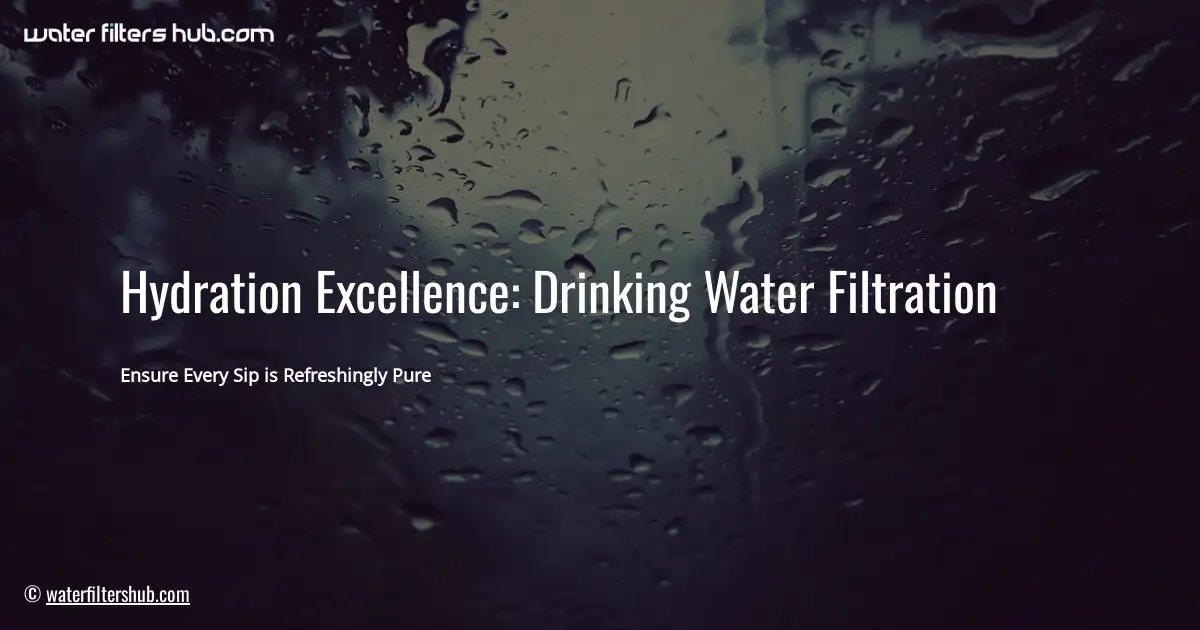
Leave a Reply